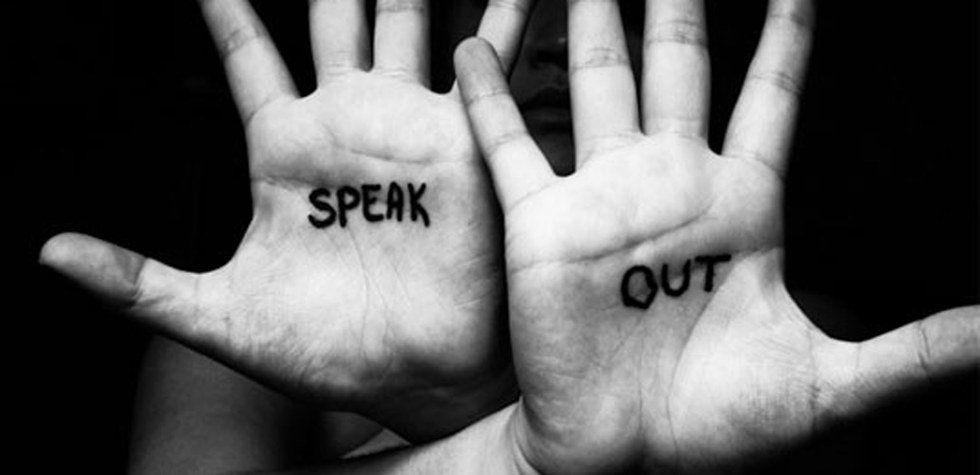“You’re always hanging out with that girl, are you a lesbian?”
“Why are black woman always so sassy?”
“How did you fail that test? Are you a retard?”
Unfortunately, these are all phrases I’ve heard said in one day. The list could go on. It’s shocking. It’s tremendously difficult to hear people I love, people I know, and people I’m acquainted with use exclusive language and hurtful language like this on a daily basis.
What am I supposed to do every time I hear language like this? Sit them down and tell them how lazy they’re being with their language? Explain how their language is offensive whether or not someone is there to be offended in the first place? Tell them that they’re supporting white supremacy and make them feel like they’re lesser than me?
I have done it before. I’ve sat there and yelled at people, I’ve lectured people on the impact of their words and how it creates and us verses them mentality. And it doesn’t work. It makes them feel uncomfortable for the time being and then they forget about it and slip up again eventually.
Then I learned about calling someone in. Instead of saying “Hey, you’re a sh*t face for using the r-word,” or, “Do you know how dumb you sound,” there are ways to talk to people to make them realize the impact of their words without making them feel like they’re terrible people. This way we don’t make people just feel bad for their poor vocabulary and walk away. We can address the problem, provide replacements, and lead someone down the path of social justice.
Calling someone in can still be awkward but I think most people would rather be taught a better way to say something than to just be told they suck when they say the wrong thing.
You don’t want to make the person feel like they’re lesser than you and you are pushing them out, exposed and alone in front of everyone. One way to change this is to talk to the person one on one. If you’re with a group of people you can ask to go speak to them in another area, or talk to them later when it’s just the two of you. That way it feels less like a lecture in front of all your friends and more of a conversation between two human beings.
Another thing is that calling in isn’t insulting the person. Calling someone in makes it more of a realization about what they’re saying. The conversation allows you to hear the person out instead of immediately telling them that they are wrong. It gives them a chance to acknowledge their language and reflect.
The potential learning lesson becomes more a conversation between two people who both are not perfect. And to top it all off they might have a misunderstanding of the language they’re using. If someone uses the word ghetto to describe everything that’s cheap and broken, they might not know what ghetto really means.
Here’s a few ways to start the conversation:
“Hey, I noticed you used the word ghetto when you were talking about that guy’s clothes. What did you mean by that?”
“Can you explain that joke to me? I don’t understand it.”
“I think you meant to say unreasonable or stupid, the r word doesn’t really work in that situation.”
Etcetera!
Their response may vary but in the end you’re being sincere, you’re actively listening, you’re addressing the fact that they’re using exclusive language, and maybe even teaching them something they honestly didn’t know about.
And most of all you might be bringing another person over to the social justice side of things!





















